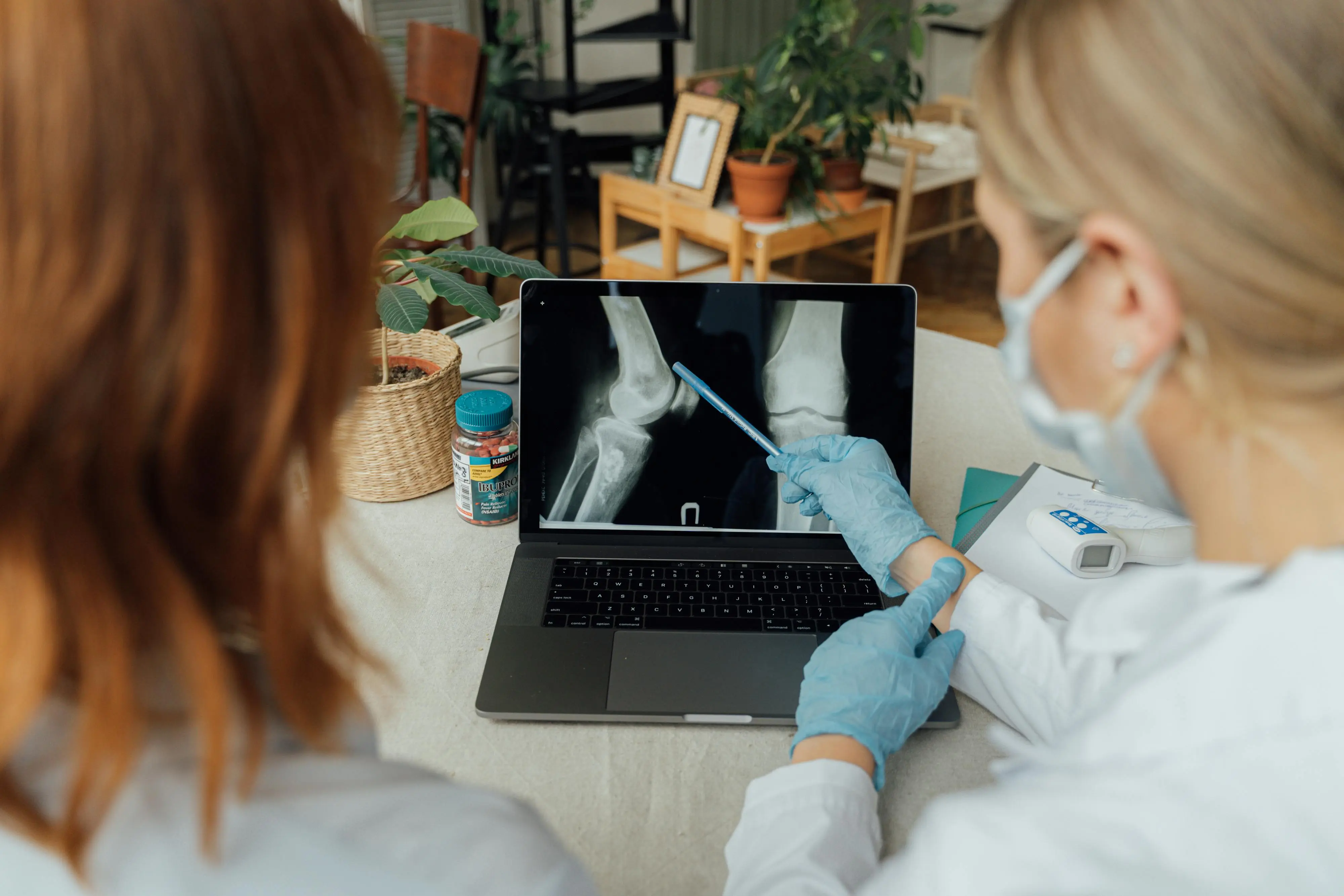All about vitamin C
July 16, 2025

Disclaimer: Human Health is not recommending any specific medical treatment for any particular symptom, nor providing any other medical advice. Always seek the advice of your doctor regarding any medical concern.
What is vitamin C and why do we need it?
Vitamin C is a nutrient that we need for our bodies to function properly. It acts as an antioxidant, which means it protects our cells from certain toxins. The body also uses vitamin C in the absorption of iron, and it’s important for the functioning of the immune system which protects us from illness and disease.
Vitamin C is also required to make proteins and connective tissues, which provide structure to our cells and organs, and help us heal after injury.
Humans don’t naturally make vitamin C, so we need to get it from our diet.
What are the best sources of vitamin C?
Certain fruits and vegetables, particularly citrus fruits like oranges and lemons, as well as tomatoes, potatoes, red and green peppers, broccoli, and strawberries are rich in vitamin C.
Some grains like cereals have vitamin C added to them to help increase vitamin C intake.
Dietary supplements containing vitamin C are commonly available at drug stores. Vitamin C is also called ascorbic acid, and is sold in a variety of forms, including sodium ascorbate and calcium ascorbate.
It’s important to note that taking too much vitamin C can cause uncomfortable side effects, including stomach cramps, nausea, and diarrhea. Always talk to your healthcare professional before taking dietary supplements, and if you experience any side effects.
Who is likely to be vitamin C deficient?
People who don’t get enough vitamin C from their diet are at risk of developing a condition called scurvy, which has symptoms including fatigue, swollen gums, joint pain, and small red or purple skin markings. Scurvy can be dangerous if it’s not treated.
People who smoke are more likely to need more vitamin C to protect their cells from the damage caused by smoking. If you smoke, consult with your healthcare professional about the right amount of vitamin C for you.
Babies who are fed with cow’s milk instead of human breastmilk may be at risk of vitamin C deficiency, as cow’s milk has a lower vitamin C content than breastmilk and baby formula.
People who have digestive problems or health conditions that affect their ability to absorb nutrients may be at higher risk of vitamin C deficiency, as well as people with some types of cancer or kidney disease.
Tips for taking vitamin C
Because vitamin C dissolves in water and is sensitive to heat, raw fruits and vegetables may be a better source of vitamin C than cooked foods.
Some people might find it hard to remember if they've taken their vitamins every day. The free Human Health app can send you notifications when it's time to take your vitamin D, and helps you keep track of which days you've remembered and if there were any days you've missed. You can also use the app to keep a record of how any symptoms you may be experiencing are impacting you.
Beyond reminders, the app also comes with a supplement tracker, so you can record your daily vitamin C intake, track symptoms like digestion or fatigue, and spot useful patterns over time.
Click here to download Human Health.
Resources
- National Institutes of Health. Office of Dietary Supplements. Vitamin C Fact Sheet for Health Professionals. Available at: https://ods.od.nih.gov/factsheets/VitaminC-HealthProfessional/
- National Institutes of Health. Office of Dietary Supplements. Vitamin C Fact Sheet for Consumers. Available at: https://ods.od.nih.gov/factsheets/VitaminC-Consumer/
This is a div block with a Webflow interaction that will be triggered when the heading is in the view.










.jpg)





.png)

